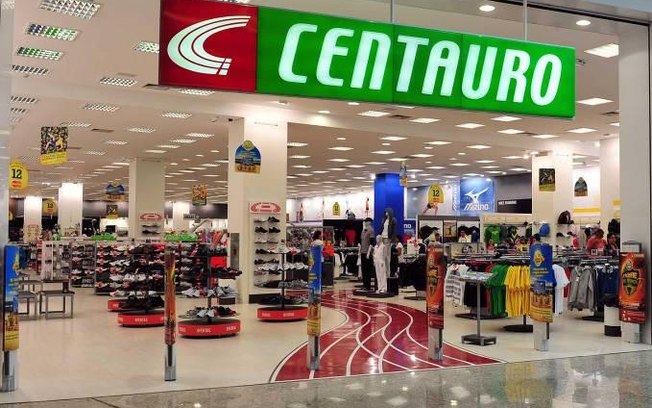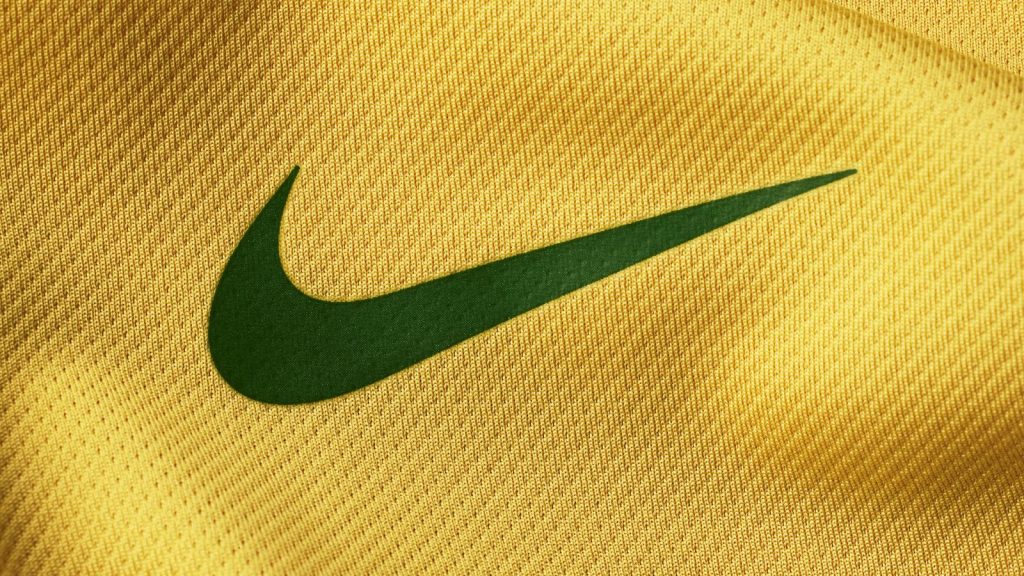RIO DE JANEIRO, BRAZIL – The SBF Group, owner of the sportswear retailer Centauro, has bought the Nike operation in Brazil. With the purchase, the retailer becomes the exclusive distributor of Nike products in the online and physical retail markes in Brazil for a period of ten years.
The purchase will cost SBF R$900 (US$212) million. The amount is subject to adjustment, as the group reported in a statement to the financial market. The purchase of Nike’s Brazilian subsidiary includes inventory and stores, but not intellectual property rights.

The SBF Group will now act as a holding company, with Centauro and Brazil’s Nike as separate business areas. Pedro Zemel, president of Centauro, takes over as president of the holding company.
Specializing in sporting goods, the Nike brand will continue to be distributed to other retailers in Brazil, although the terms of these contracts have not yet become clear.
Nike already held a preferential contract with Centauro since 2017, so that the products reached the retailer before its competitors (such as Netshoes, which since last year belongs to Magazine Luiza).
In addition to distribution through other retail chains, Nike operates 24 stores in Brazil and 15 partner stores, which will now be owned by the new holding company.
“Over the past few years, we have made a number of investments on several fronts, mainly in technology and multichannel, which has enabled us to make significant progress in our sector and to become a platform for sports. We are very excited about the opportunity to further serve the sports community through such a powerful brand. We remain committed to the mission of improving the sports ecosystem in our country through different paths and business models,” Zemel said in a statement.
With the news, the SBF Group’s shares rose by more than 11 percent soon after the announcement in the morning and throughout the afternoon on Thursday, trading above R$48.
What Centauro has to gain
The purchase is viewed as a strategic partnership by retail specialists. “The group owning Centauro will be a supplier to everyone who wants to buy Nike, which is the favorite brand of Brazilians. And it will also have the privilege of launching products and categories on their platform. It’s a great deal,” says Ana Paula Tozzi, CEO of AGR Consulting.
With the purchase, the Brazilian Nike now has greater control over its customers’ data through Centauro, which is increasingly important for the development of brand business in retail.
Nike is the largest brand of sporting goods in operation in Brazil. The American brand holds a 21.9 percent share in this category in the Brazilian market, while German rival Adidas, holds 17.3 percent, according to the market intelligence company Euromonitor.
Next comes the Japanese Asics (six percent of the domestic market), the Brazilian Vulcabrás Azaléia (5.6 percent) and the Japanese Mizuno (5.5 percent). The sports fashion segment recorded revenues of R$24.5 billion in 2019.
Now, with Nike and Centauro part of the same group in Brazilian operations, the American brand is expected to have greater access to detailed data on who bought their sneakers and T-shirts, how and where, at least in purchases made via Centauro. With this information, the American brand will be better able to fine-tune the development and launch of products according to the consumer’s requirements.

The SBF Group’s approach is not isolated. Recently, footwear manufacturer Arezzo bought the American Vans operation in Brazil, famous for its sneakers, for R$50 million. One of the advantages of transferring the operation from a global brand to a local player is to bring this foreign brand closer to Brazilian consumers.
The SBF Group’s purchase of Nike raises an alert for Nike’s competing brands, according to Mauro Nomura, Adidas’ master franchisee in Brazil. “The main impact for competitors is that Nike’s management in Brazil will be more agile and the brand should gain value,” he says.
The SBF Group arose from a dispute that marked 2019 in retail, when it fought (and lost) for the purchase of competitor Netshoes with Magazine Luiza. Netshoes, which almost crashed after successive losses, ended up sold to Magalu for US$115 million.
SBF even made a higher offer, US$127 million, but the proposal was rejected – at the time, it was reported that there was resistance from the founder of Netshoes, Marcio Kumruian, in selling his company to its main competitor.
Since then, the SBF Group has been striving to show that it is capable of winning at retail even without Netshoes. One of the main strikes came in October, when it announced a partnership with B2W – owner of Submarino, Americanas.com and Shoptime – to sell its products on Americanas.com’s website, but with its own logistics and platform, what it called a “differentiated marketplace”.
On the announcement day, the SBF’s shares rose five percent, with market analysts excited by the exhibition of Centauro’s products in Americanas’ online showcase.
The SBF Group has also been praised for its multichannel strategy, with a good integration between physical stores and e-commerce. These measures have kept investors betting on the group, whose shares have increased by more than 250 percent since going public in April.

